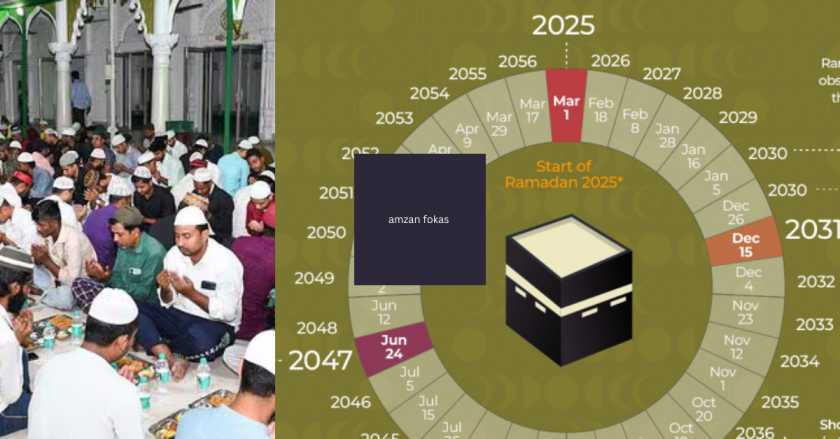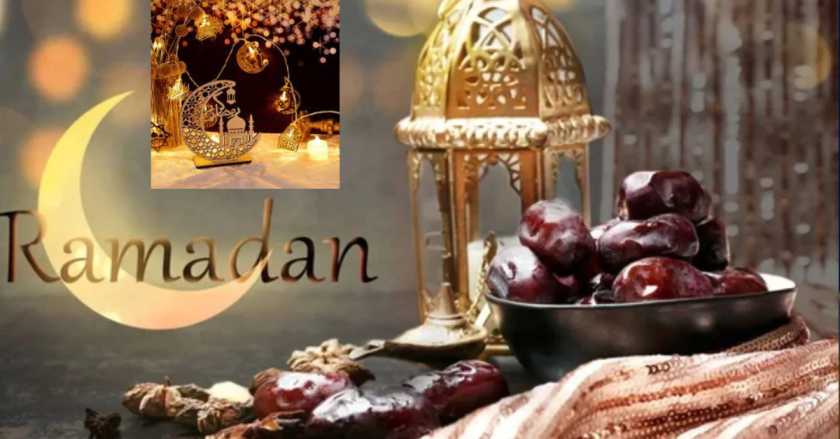The History of Ramadan: A Sacred Month of Fasting and Reflection

Ramadan, the ninth month of the Islamic lunar calendar, is the holiest time of the year for Muslims worldwide. It is a period of fasting, prayer, reflection, and devotion to Allah. But beyond its spiritual significance, the history of Ramadan has a rich background rooted in the early days of Islam. Understanding the origins and evolution of this sacred month helps us appreciate its profound impact on Muslim communities across generations.
The Origin of Ramadan in Islamic History
The history of Ramadan dates back to 610 CE when the first verses of the Quran were revealed to Prophet Muhammad (peace be upon him) in the Cave of Hira, located in present-day Saudi Arabia. This event, known as Laylat al-Qadr (the Night of Decree), is considered the most important night in Islamic history.
The revelation of the Quran during Ramadan is mentioned in the Quran itself:
“The month of Ramadan in which was revealed the Qur’an, a guidance for the people and clear proofs of guidance and criterion.” (Surah Al-Baqarah 2:185)
This divine revelation marked the beginning of Prophet Muhammad’s mission as the final messenger of Allah, and Ramadan was later established as a sacred month of fasting and worship.
The Commandment of Fasting in the History of Ramadan
Fasting during Ramadan was officially prescribed in the second year of Hijrah (624 CE), after Prophet Muhammad (PBUH) and his followers migrated from Mecca to Medina. The command to fast is found in the Quran:
“O you who have believed, decreed upon you is fasting as it was decreed upon those before you that you may become righteous.” (Surah Al-Baqarah 2:183)
This verse indicates that fasting was a practice observed by previous religious communities, including Jews and Christians, as a means of spiritual purification. However, the way Muslims fast was uniquely established in Islam, with specific guidelines and spiritual intentions.
Ramadan During the Time of Prophet Muhammad (PBUH)
During the Prophet’s lifetime, was shaped by major historical events. One of the most significant events was the Battle of Badr, which took place on the 17th of Ramadan in 624 CE. Despite being vastly outnumbered, the Muslim army achieved a decisive victory over the Quraysh of Mecca. This battle demonstrated the power of faith and divine support.
Another key event was the Conquest of Mecca in 630 CE, also during Ramadan. Prophet Muhammad (PBUH) and his companions peacefully entered Mecca, marking a turning point in Islamic history as the city was cleansed of idolatry, and Islam spread further.
The Evolution of Ramadan Traditions Over Time
As Islam spread across different regions, Ramadan’s history continued to evolve. Various cultures introduced unique traditions while maintaining the core religious principles of fasting, prayer, and charity.
- The Call to Prayer and Iftar Traditions: Many Islamic countries have distinct ways of signaling the time for Iftar (breaking the fast). In some places, cannons are fired, while in others, drummers wake people for Suhoor (pre-dawn meal).
- Tarawih Prayers: The special nightly prayers (Tarawih) were performed by the Prophet Muhammad (PBUH) but later institutionalized during the Caliphate of Umar ibn al-Khattab (RA).
- Charity and Community Bonding: Over time, Ramadan became a time for increased acts of kindness and generosity. Muslims worldwide give Zakat (obligatory charity) and Sadaqah (voluntary charity) to help those in need.
Modern-Day Observance of Ramadan
Today, Ramadan’s history continues as it is observed by over 1.9 billion Muslims worldwide. Despite geographical and cultural differences, the essence of the month remains unchanged. In the modern world, Ramadan has also adapted to contemporary challenges:
- Technology in Worship: Many Muslims use apps for prayer times, Quran recitation, and Islamic lectures to enhance their spiritual journey.
- Fasting in Non-Muslim Countries: In regions where fasting is not widely practiced, Muslims often face challenges balancing work and religious obligations. However, Ramadan continues to serve as a time of resilience and spiritual renewal.
- Virtual Community Engagement: With the rise of social media, Muslims can connect with global communities, share Ramadan experiences, and participate in online religious discussions.
Conclusion
The history of Ramadan is deeply intertwined with the origins of Islam and the life of Prophet Muhammad (PBUH). From the revelation of the Quran to key historical events and the evolution of traditions, Ramadan remains a sacred time of worship, reflection, and community. Regardless of time and place, its essence continues to unite Muslims worldwide in their pursuit of righteousness and closeness to Allah.
As we observe Ramadan today, we are reminded of its historical significance and spiritual purpose—to purify our hearts, seek forgiveness, and strengthen our faith. May Allah bless us all in this holy month. Ameen.
For more ramadan blog Unlocking the Power of Ramadan: Quran & Hadith Insights- 2025

